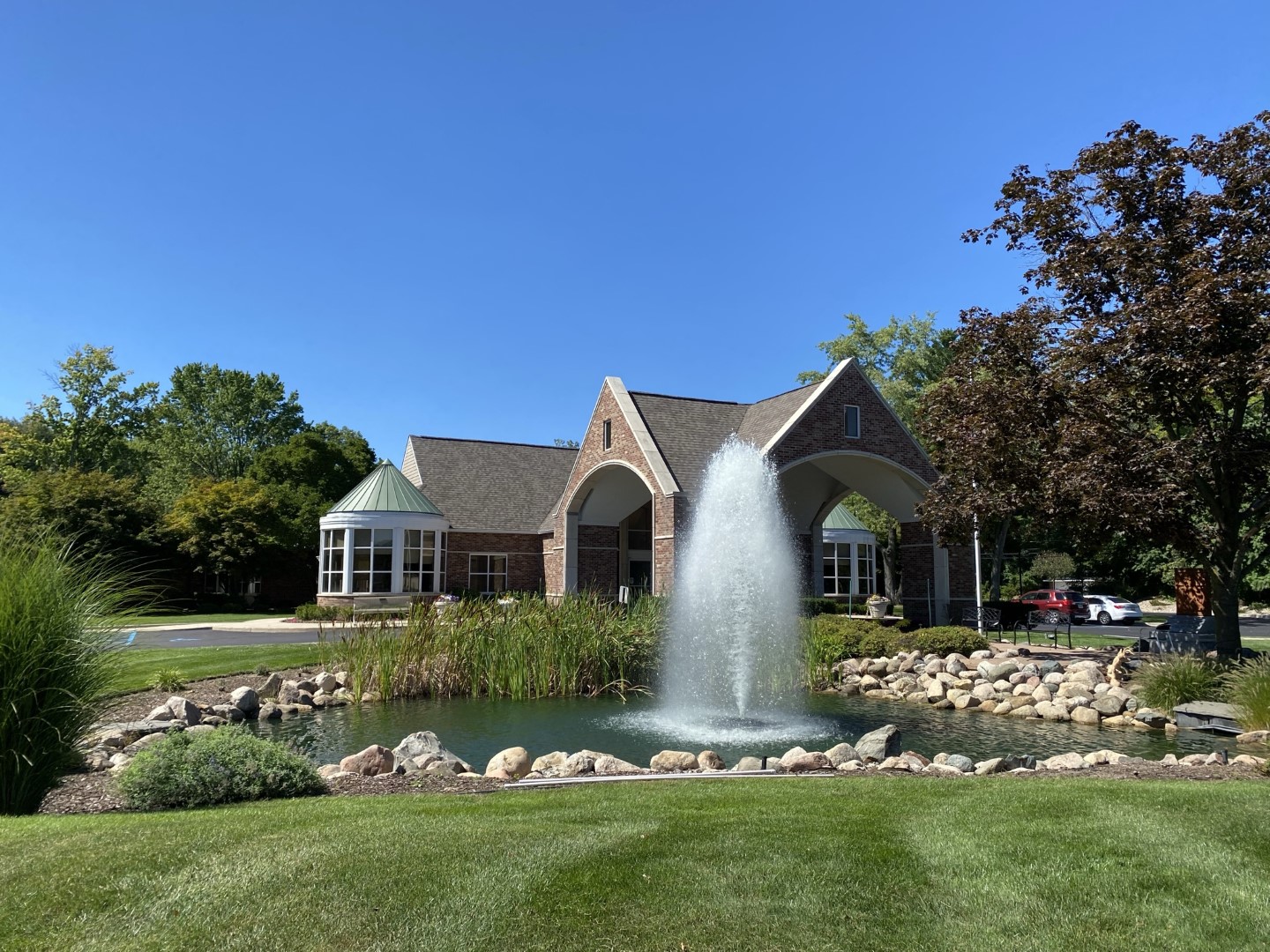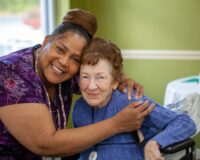Communicating and staying connected with your family and friends in assisted living is important for your emotional and social well-being. There are many ways to keep in touch with your loved ones, such as:
- Phone calls. You can use your own phone or the phone provided by the community to make or receive phone calls from your family and friends. You can also use voice mail or answering machines to leave or get messages. Phone calls are a simple and convenient way to hear the voice of your loved ones and have a conversation with them .
- Video chats. You can use your own device or the device provided by the community to make or receive video calls from your family and friends. You can also use apps or platforms, such as Skype, FaceTime, Zoom, or WhatsApp, to connect with them. Video chats are a great way to see the face of your loved ones and share your emotions and expressions with them .
- Emails. You can use your own email account or the email account provided by the community to send or receive emails from your family and friends. You can also use attachments or links to share photos, videos, documents, or other files with them. Emails are a fast and easy way to communicate with your loved ones and update them on your life .
- Letters. You can use your own stationery or the stationery provided by the community to write or receive letters from your family and friends. You can also use stamps, stickers, cards, or drawings to decorate your letters. Letters are a personal and thoughtful way to communicate with your loved ones and express your feelings and thoughts .
- Visits. You can invite your family and friends to visit you in your apartment or in the common areas of the community. You can also join them for meals or activities in the community or outside the community. Visits are a wonderful way to spend quality time with your loved ones and enjoy their company and presence .
These are some ways to communicate and stay connected with your family and friends in assisted living. However, you may also face some challenges or difficulties in maintaining your relationships, such as:
- Conflicts or misunderstandings. You may have some disagreements or arguments with your family and friends due to the change in your living situation, such as about your care, finances, privacy, or independence. You may also misunderstand their words or actions, such as thinking that they are neglecting you, controlling you, or judging you.
- How to handle them: You can try to resolve any conflicts or misunderstandings by communicating openly and honestly with your family and friends. You can express your feelings and needs, listen to their perspectives and concerns, and respect their opinions and choices. You can also seek help from a counselor, a mediator, or a trusted person if you need some guidance or support .
- Loneliness or isolation. You may feel lonely or isolated from your family and friends due to the physical distance, the lack of contact, or the difference in lifestyle. You may also miss your old home, neighborhood, or community.
- How to handle them: You can try to overcome any loneliness or isolation by reaching out to your family and friends regularly and frequently. You can also make new friends and connections in your assisted living community by participating in activities and events, joining clubs or groups, or volunteering. You can also find ways to cope with any nostalgia or sadness by keeping a journal, listening to music, meditating, or praying .
These are some tips on how to communicate and stay connected with your family and friends in assisted living. By keeping in touch with your loved ones and handling any challenges or difficulties , you can maintain healthy and happy relationships in assisted living .





